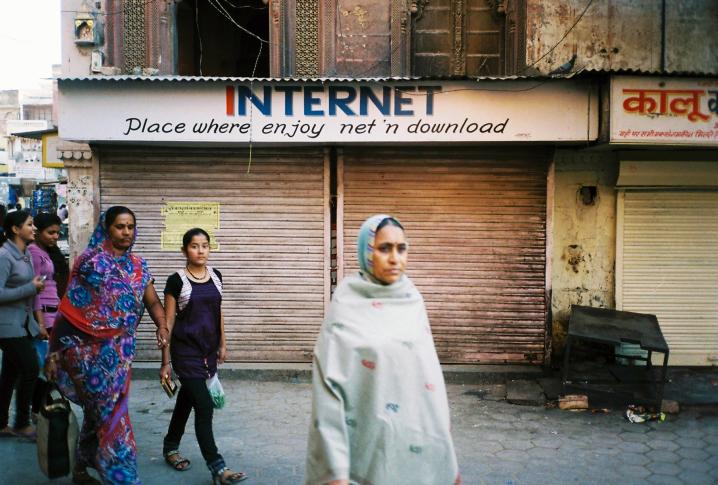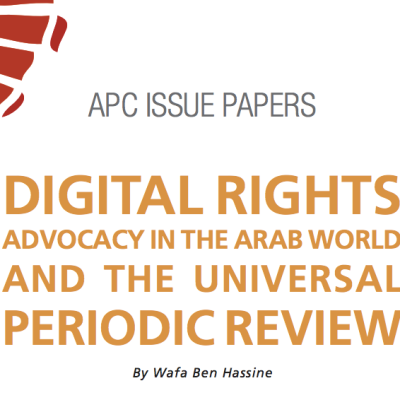
Human rights defenders (HRDs) in the Maghreb-Machrek region face various obstacles and threats, both online and offline. These can range from highly restrictive laws that limit their freedom of expression and freedom of assembly online, to targeted and mass surveillance by repressive regimes, and even threats and attacks by violent non-state actors.
As part of our mission to empower people’s use of ICTs for social justice, APC is working with partners and members to ensure HRDs in the Maghreb-Machrek region have the tools and knowledge to operate securely online. To build a culture of online human rights and digital security, HRDs will also be encouraged to engage with existing human rights mechanisms (such as the UN Universal Periodical Review process) and use advocacy to improve the state of freedom of expression, freedom of association and the right to information in the region.
Who are we working with?
APC is working on this project with organisations based in Tunisia, Palestine, Sudan, Iraq, Canada and Italy.
Who will benefit?
This project will build the capacity of HRDs, especially women human rights defenders, journalists, lawyers, media, civil society and vulnerable groups, to secure their communications, circumvent internet censorship, protect themselves and others from internet surveillance, and respond to digital emergencies. Ultimately, this will support their work towards a democratic and free online space.
Building digital security
This project aims to build digital security on the ground through two unique initiatives:
- The Digital Security School 216 (DSS216)
The DSS216 is a training hub that was established in Tunis in May 2014. DSS216 aims to be a self-sustaining hub for digital security knowledge that will support and build the capacity of HRDs operating online. The school will host a series of digital security train-the-trainers workshops with participants from the Maghreb-Machrek region. Developed by APC and our partners, the curriculum will address real and specific threats in the region.
- Digital-preparedness Fund/Rapid Response Fund
Two response funds have been established to help HRDs and organisations in Iraq, Palestine, Sudan, Syria and Tunisia (or those from the diaspora) prepare and respond to digital emergencies. The funds will help:
- Secure the web services and on-site hardware and computers of HRDs and civil society organisations (CSOs).
- Develop the capacity of HRDs, CSOs and others to prepare for and prevent digital emergencies.
- Respond to digital emergencies faced by HRDs and CSOs.
Advocacy and network building
In parallel to working on a grassroots level to build digital security, this project aims to improve legal, policy and regulatory frameworks that impact freedom of expression, freedom of association and assembly, and access to the internet. In particular, the project focuses on advocacy mechanisms for defending the rights of women human rights defenders, journalists, and youth.
Country partners will work with APC to engage in human rights mechanisms, particularly the Universal Periodic Review, a unique mechanism of the Human Rights Council, in which the human rights records of all UN member States are reviewed every 4.5 years.
The project will provide networking and campaign support through online tools, seminars, workshops, outreach, evaluation and replication strategies.
APC will organise a seminar on freedom of expression, freedom of association and internet rights in December 2014, as well as the first of two workshops to prepare country teams to engage with the Universal Periodic Review process. These activities will feed into two policy papers that will discuss freedom of expression, freedom of association and the right to information in the region.
Resources:
- Monitoring freedom of expression online: Frank La Rue framework
- Internet Governance MENA
- GISWatch Special Report 2014 – Internet rights that went wrong in Turkey
- Freedom of peaceful assembly and freedom of association and the internet
- UN resolutions recognising human rights online
Image by Aurdur.



